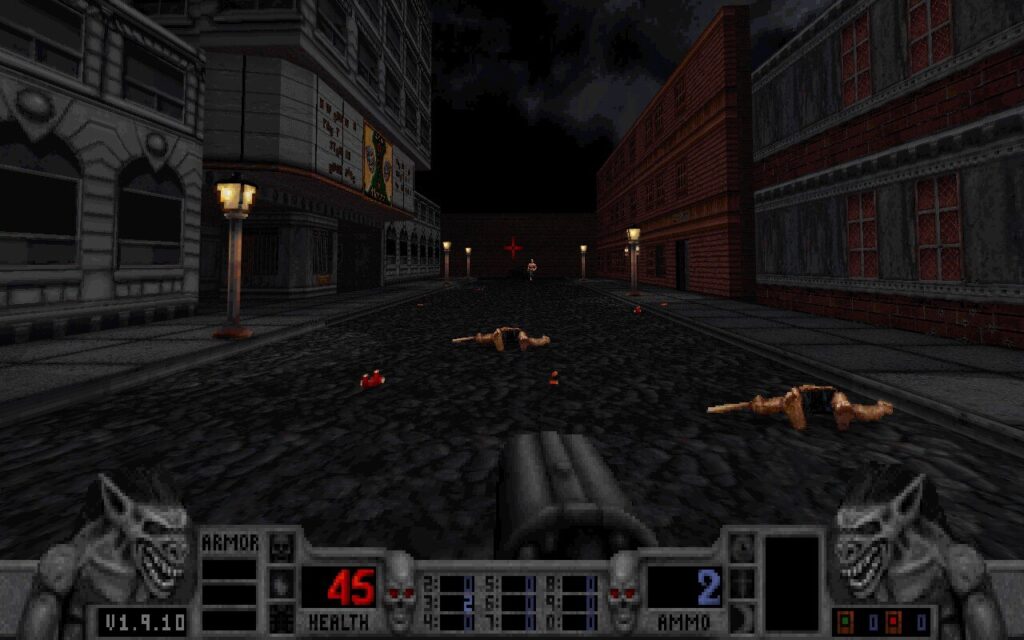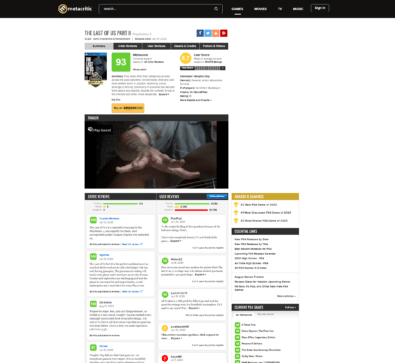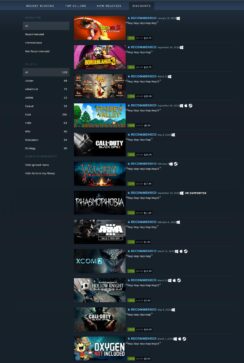Now, this may sound like an odd thing to hear from someone that uses a scoring system themselves. A review score is the measurement of a game’s quality, right? On the technical level, it is. The problem comes from how we, the reviewer, come to that conclusion. It is important to remember that no review can be completely objective, as we are just human. Attempting to do something like this will cause someone to break down every aspect of a game such as visuals, story, and gameplay. If a game has decent gameplay and amazing visuals would that be objectively better than a title with only an amazing, unforgettable story? No. The value of something comes from the eye of the beholder.

It is important to realize that reviews are ultimately just opinions. Attempting to have neutrality and write objectively is important for any critic worth his or her salt, but the prior statement always remains true. Let’s take the time mechanic of Dead Rising 1 as an example. Some people absolutely hate always being pressured and not being able to play at their pace without missing out on content. Others like myself adore that feature for the replay value and tension it brings. Neither are right or wrong in the objective sense. This is just a very small talking point, imagine this at the scale of an entire game and all of its elements. Video games are so vast and complex to the point that assigning a score is worthless as anything other than a quick way for the reader to know that reviewer’s opinion.

Now imagine taking a bunch of opinions to arbitrarily try to round them up into one grand score. Would you truly trust that number and should you really believe all of them are assigning scores without an outer incentive, be it them being friends with the devs or other factors? Allow me to put myself in the spotlight for a moment. I make 10% of any purchases you make from one of my affiliate links for adult titles. There is an incentive to bump scores up in order to try selling more games should I be that kind of person. I’m more of a retro gamer, so this doesn’t affect me, but most views come from early coverage of a title. Having a few days or more of pre-release content on display is huge and can be a form of pressure by developers/publishers. This is a reason why you can see some essentially become a marketing arm for that company and hyping up that product before release, despite its quality. Trust should be vital to one’s view of a score and rounding them up is madness.

User reviews can be just as murky. You can have someone build a ton of accounts to inflate/deflate a game’s overall rating depending on their opinion. There are also a ton of joke reviews that see a good amount of meme titles climb to the ‘very positive’ rating on Steam. And furthermore, we also have review bombings should a dev do something their fans dislike, such as the Superhot team removing the suicide scene. It is a chaotic maelstrom where those that are actually trying to give out a well-thought-out opinion are occasionally drowned out.

I know this entire article sounded very negative, but I just wanted to drive home the point that one shouldn’t just treat the score of websites or influencers like gospel. A random review from steam or your friend’s opinion can be just, if not more valuable than what any of us can provide. Most readers don’t see who writes what or follow the author around to see if they’re the type of person you’d want to rely on. It is more than a bit silly how constant the fighting is over the arbitrary number assigned to their/our opinion. A review score should be viewed as a rough estimate of how we feel about something, not the flag standard of a title’s worth they are treated as these days.
- Acrolyte Demo - April 11, 2025
- Lostaris Demo - April 4, 2025
- El Panadero -The Baker- Review - August 27, 2024